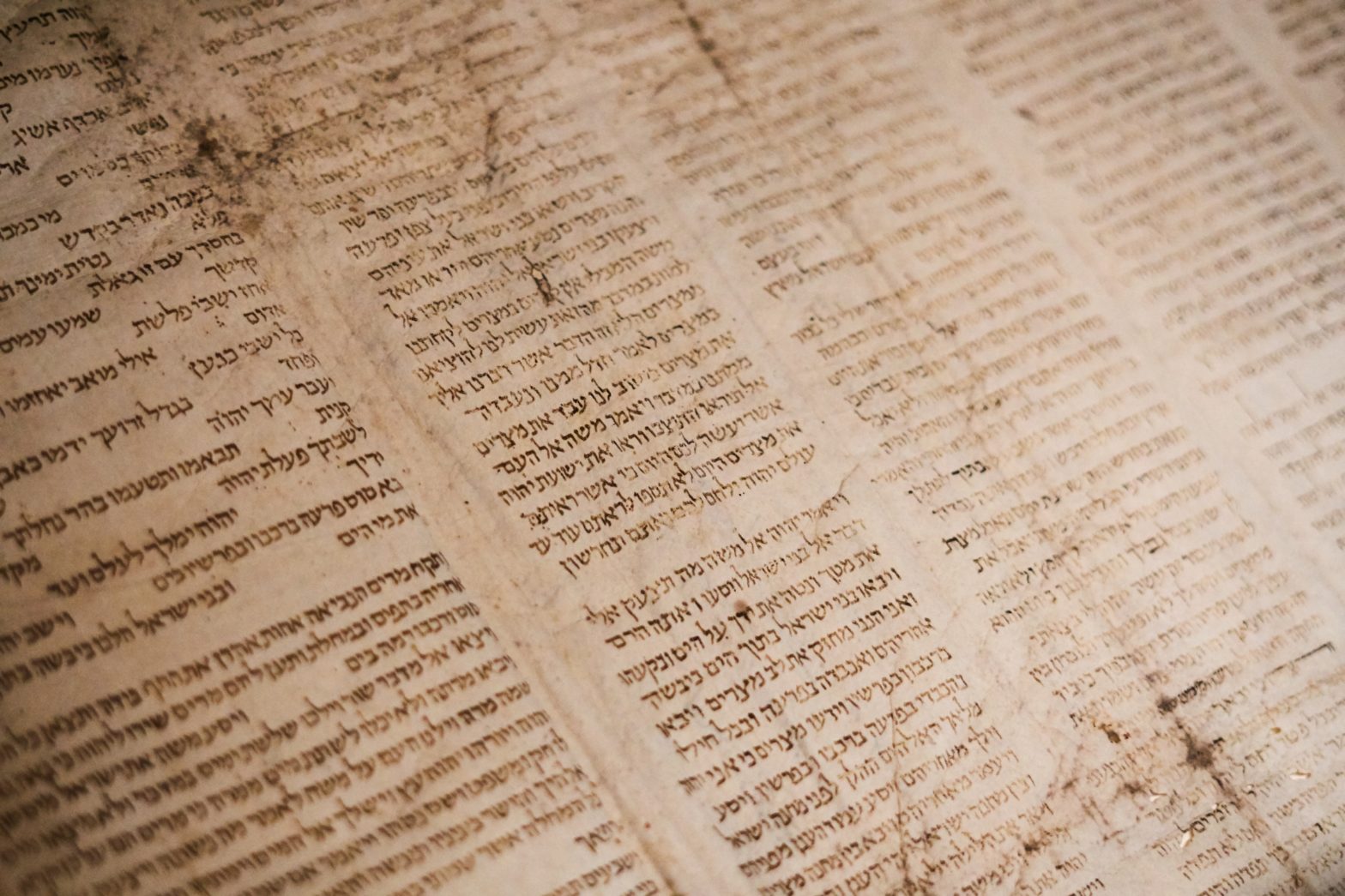Tag: Rewritten Bible
%22%20transform%3D%22translate(3%203)%20scale(6.125)%22%20fill-opacity%3D%22.5%22%3E%3Cellipse%20fill%3D%22%23c3e1f8%22%20cx%3D%22216%22%20cy%3D%22100%22%20rx%3D%2274%22%20ry%3D%2286%22%2F%3E%3Cellipse%20fill%3D%22%239c470c%22%20rx%3D%221%22%20ry%3D%221%22%20transform%3D%22matrix(38.48224%203.04405%20-20.10837%20254.20593%2030.6%2077.7)%22%2F%3E%3Cellipse%20fill%3D%22%23dc8f55%22%20rx%3D%221%22%20ry%3D%221%22%20transform%3D%22matrix(-38.79691%20-6.14483%2019.1884%20-121.15074%2095.7%2067.1)%22%2F%3E%3Cellipse%20fill%3D%22%23733a0d%22%20rx%3D%221%22%20ry%3D%221%22%20transform%3D%22rotate(164.2%20-9%2079.5)%20scale(26.96007%2055.38367)%22%2F%3E%3C%2Fg%3E%3C%2Fsvg%3E)
Research on (Re)writing Prophets in the Corinthian Correspondence
If hermeneutics of “rewritten Bible” are highlighted, it’s easier to compare these texts and their hermeneutics with Paul’s interpretive work.
Daily Gleanings: RBL (17 June 2019)
Among recent releases from the Review of Biblical Literature: David Briones reviews Thomas Blanton IV’s A Spiritual Economy: Gift Exchange in the Letters of Paul of Tarsus (YUP, 2017). Briones offers some constructively critical comments but assesses Blanton’s contribution by saying, in part, Much of what Blanton writes about the nature of the gift is…
Bulletin for Biblical Research 22, no. 2
The latest issue of the Bulletin for Biblical Research arrived in yesterday’s mail and includes: Beat Weber, “Toward a Theory of the Poetry of the Hebrew Bible: The Poetry of the Psalms as a Test Case” Grant LeMarquand, “The Bible as Specimen, Talisman, and Dragoman in Africa: A Look at Some African Uses of the Psalms and…
